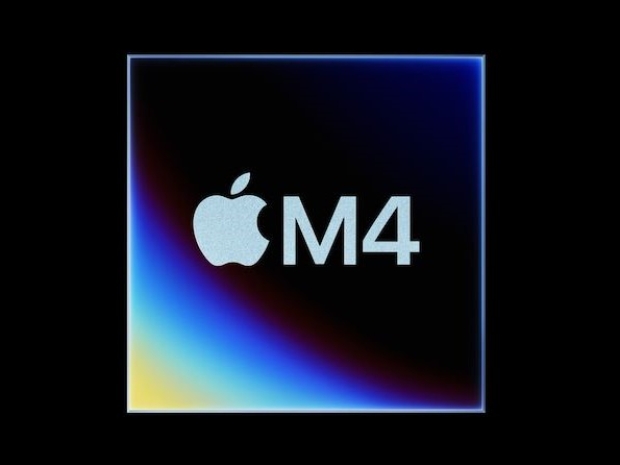The new chip is a step up from the existing Apple M4 chip, which is already powering the latest Apple iMac M4 and Apple iPad Pro. The new Apple M4 Pro, meanwhile, offers a boost in core counts for both the CPU and GPU built into the chip for those who need more performance without committing overkill on their latest creative project.
Since the Apple M4 Pro fits into the midrange in terms of what Apple fans are looking for from Apple Silicon, this is going to be a popular option for many, and fortunately, we have all the latest from Apple about the new chip in terms of specs and potential performance you can expect over the last-gen Apple M3 Pro and we're here to answer all your questions about this latest SoC for Mac products.
Apple M4 Pro chip is the follow-up to Apple's M3 Pro chip and will be available with select Mac products, shipping November 8, 2024. It has already been earmarked for the Mac Mini and potentially future MacBook Pro models.
Here are the key features and details:
- Transistor count: 28 billion transistors
- Process technology: Second-generation 3-nanometer process (TSMC)
- CPU architecture: ARMv9.2-A (first SoC to use this architecture)
- GPU: 10-core GPU with support for Dynamic Caching and hardware-accelerated ray tracing
- Neural Processing Unit (NPU): Improved performance compared to previous generations
- Memory: LPDDR5X unified memory, supporting 120GB/sec of memory bandwidth, available in 8GB and 16GB configurations.
Then the Apple PR machine kicks into play with some nubilous figures which could mean anything. For example, the press release says under power efficiency that the Pro “advances the industry-leading power efficiency of Apple silicon.”
Under performance Apple claims that it is up to 50 per cent faster CPU performance and four times faster GPU performance compared to the M2, which is not even the previous generation chip. Basically, it is a 'second-generation' 3nm system-on-a-chip, so it has a similar architecture to the Apple M3 Pro. It has features faster clock speeds than the Apple M3 Pro, at least according to Apple.
There's also the neural engine, which is capable of 38 TOPS compared to the Apple M3 Pro's 18 TOPS. Additionally, you also have support for Thunderbolt 5 and increased memory bandwidth, which makes the unified memory more efficient despite remaining the same starting amount as last year's M3 Pro.
In terms of performance, Apple said that it will have up to twice the ray-tracing performance as the Apple M3 Pro and faster performance and efficiency cores, though Apple hasn't revealed much yet about that so don’t get your hopes up.
The Pro is also a lot more expensive than the other M4 chips with word on the street suggesting that it could add an extra $600 to the price of anything Apple installs it in.




